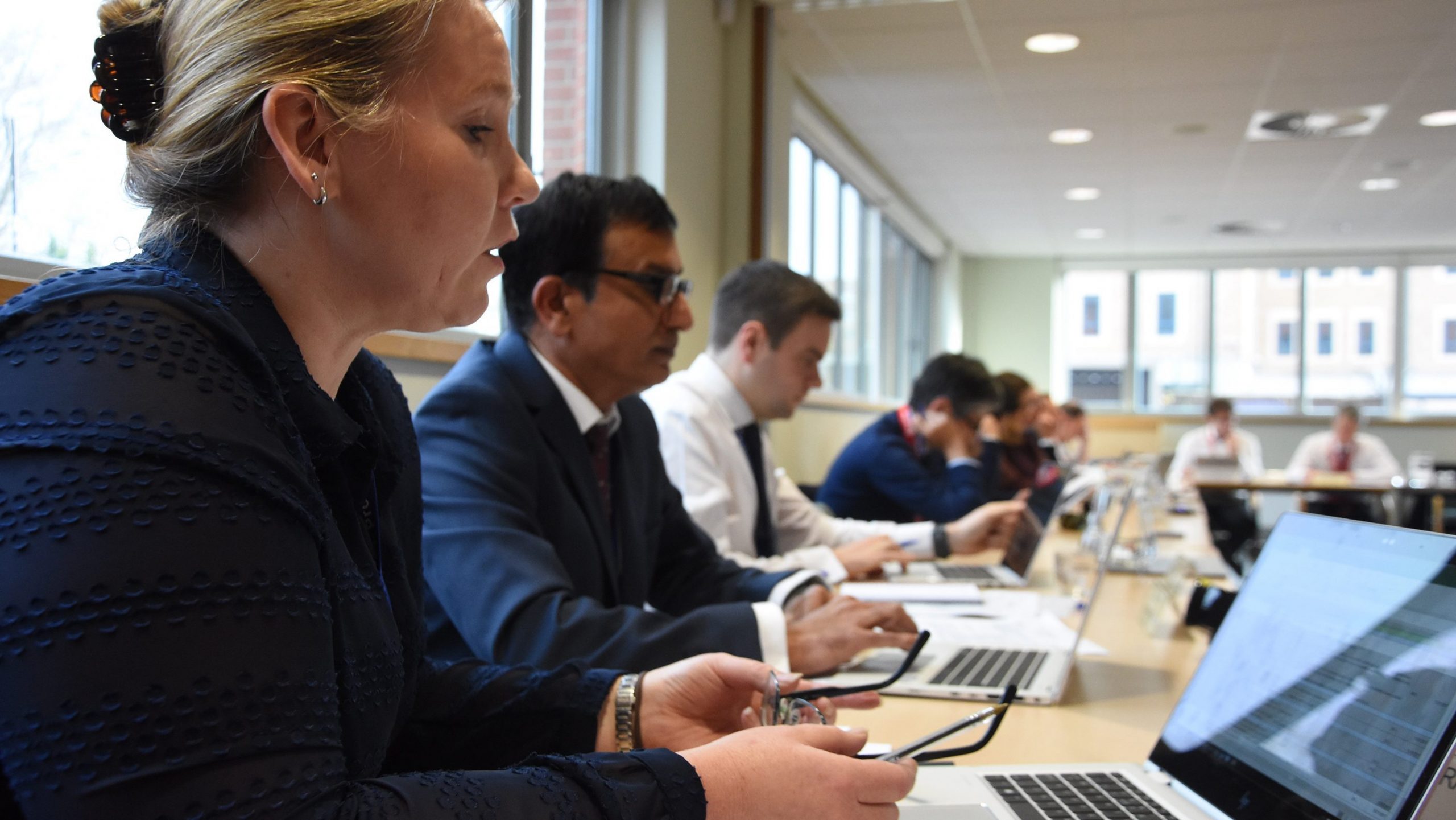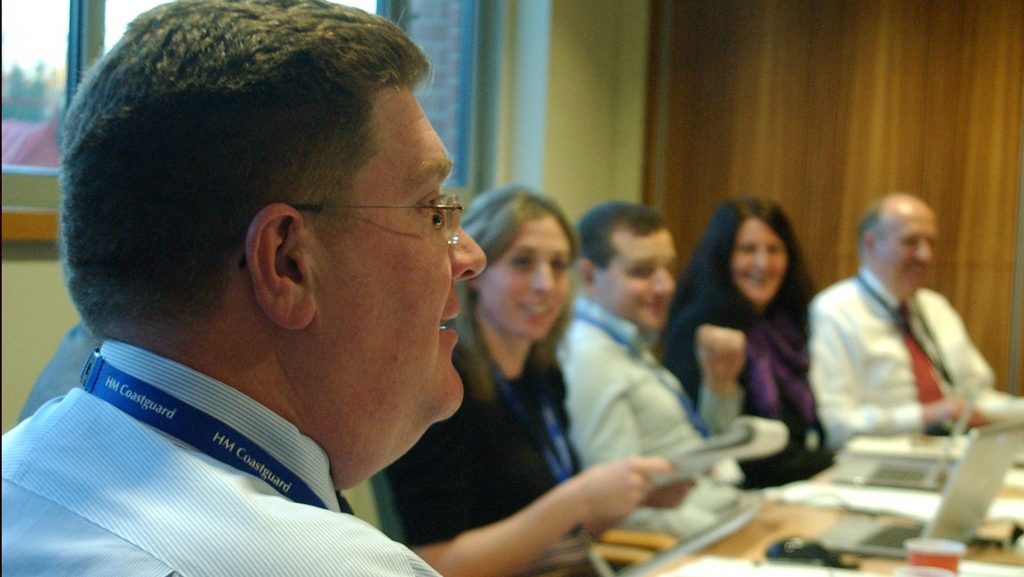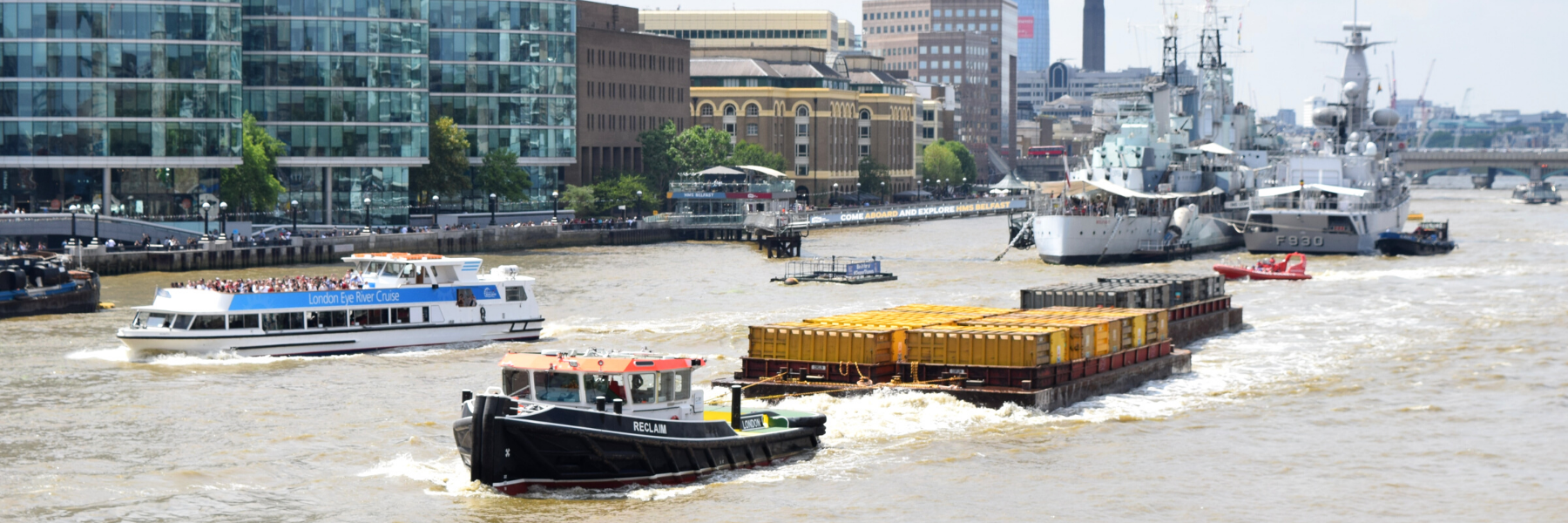The Maritime & Coastguard Agency is an executive agency of the UK Department for Transport (DFT). We are a team of 1,260 staff and 3,500 volunteers. Our Headquarters are in Southampton, and we have office and co-ordination centres around the UK coast.
Our vision is to be a world-leading organisation, accelerating the transition to sustainable shipping with non-negotiable safety standards and we put our people, our customers and our planet at the heart of everything we do.

We aim to:
- Be the world’s best performing flag state
- Be a modern, progressive regulator
- Grow UK maritime economy & employment
- Be the world’s best performing coastal state
- Reduce fatalities at sea
- Be a world leader in maritime innovation and,
- Be the go-to centre of expertise for UK maritime
- Be the world’s best performing flag state
- Be a modern, progressive regulator
- Grow UK maritime economy & employment
- Be the world’s best performing coastal state
- Reduce fatalities at sea
- Be a world leader in maritime innovation and,
- Be the go-to centre of expertise for UK maritime
Within the Directorate of UK Maritime Services, the UK Technical Services – Ship Standards department has responsibility for developing, and maintaining, UK policies and regulations relating to a wide range of safety and environment issues associated with ships and vessels of all sizes (from small pleasure vessels to the largest internationally trading ships).
Working both domestically and internationally we are at the forefront of maritime policy making and delivery. This is achieved through the work of nine teams:
-
Future Propulsion and Fuel Safety
The Future Propulsion and Fuel Safety Team works with governments and industry to ensure that there is an appropriate regulatory framework to enable the development and implementation of the technological advances that are needed to meet the ambitious air pollution and greenhouse gas emission reduction targets that have been set by the UK and international shipping community.
-
Clean Ship Operations (CSO)
The CSO Team is responsible for a wide and varying range of policy areas covering the protection of the marine environment from ship operations over the course of a ships life. The team works across government and with industry to develop and set policy both internationally and at the domestic level on the following areas: Anti-Fouling Systems, Ballast Water Management, Biofouling, MARPOL Annex IV: Sewage, MARPOL Annex V: Garbage, Marine Plastic Litter, Noise, Port Reception Facilities and Ship Recycling. Many of the policies we cover gain high media attention such as Marine Plastic Litter and require cross-governmental input.
-
Fishing Vessel Safety
The Fishing Safety Team works across the MCA and with Industry, RNLI, Seafish and other organisations to improve the safety of fishing vessels and fishers. Utilising behavioural insights to develop safety interventions, our aim is to eliminate preventable fatalities by 2027. This is being achieved through a combination of new measures aimed at improving safety and the effectiveness of interactions with the industry, including Codes of Practice, advice and guidance and use of different media to develop and deliver new initiatives.
-
2 x Ship Safety Teams
Working both internationally and domestically, the two Ship Safety teams cover a broad range of topics to ensure the safety of ships, equipment, passengers and personnel. One team is responsible for policy relating to the UK’s inland waterways, Large Yachts (REG Yacht code), approval of marine equipment, vessel stability, bulk carriers (SOLAS XII) and ship construction (SOLAS II-1). The second team covers Domestic and International Passenger Vessels, Fire Safety and Engineering (SOLAS II-2), Life Saving Appliances (LSA) (SOLAS III), High Speed Craft (SOLAS X), Mobile Offshore Drilling Units (MODU), Diving and Subsea, and a few the more unusual / niche topics.
-
Maritime Autonomy
Working to develop the UK regulatory response to autonomous shipping, The Maritime Autonomy team covers the international work on Maritime Autonomous Surface Ship’s and works across government to develop domestic regulations for remotely operated and autonomous vessels. The team works closely with industry and academia in this exciting and innovative area of maritime policy.
-
Cargoes, Safety & Pollution Prevention (CSPP)
The CSPP team are responsible for policy and regulations covering the safe carriage by sea of all types of cargoes and the prevention of pollution of the marine environment from those cargoes. The CSPP team works with industry and other governments internationally to develop and implement safe standards across a variety of policy areas which include the assessment of bulk chemicals and the setting of carriage requirements, the transport by sea of radioactive material, stowage and securing of cargoes, oil discharge management systems, safety requirements for the transport of dangerous goods, the approval of VGM operators and appointment of MARPOL surveyors.
-
Code Vessel Safety
The Code Vessel team is responsible for the policy, development and maintenance of the Codes of Practice and regulatory framework for small commercial vessels up to 24m. This principally covers both the workboat and sport & pleasure sectors and a wide array of policy areas including vessel structure and stability, survey and certification, lifesaving and firefighting apparatus, machinery and propulsion systems, protection of personnel and safety management.
-
Regulatory Delivery
The Regulatory Delivery team hold a supporting position within Ships Standards with a primary function of providing extra resource to colleagues when needed in order to meet regulatory commitments. Support can be provided in the form of reviewing or creating documentation, undertaking projects and providing regulatory delivery experience and process expertise.
As a member of Ships Standards, you will have the opportunity to really influence the delivery of the UK’s maritime agenda to ensure that governmental commitments are met and our reputation as a leading maritime nation is maintained.
Teams work in domestic and international forums with a broad range of stakeholders, giving you the chance to experience policy work at all levels and across a range of sectors interested in the marine environment.
You will be joining a collaborative team where discussion and inter-team relationships are key to ensuring successful and consistent outcomes across the MCA and government.
If you are interested in policy and excited at the thought of shaping the future of UK maritime regulation and governance, then Ship Standards want to hear from you.

What our team have to say
Peter Boden, Cargoes Policy Lead
What do you enjoy most about the work you do?
“The chance to work internationally with other Administrations through the IMO, the only United Nations body located outside of Mainland Europe or North America, is also quite unique and special.”
Esmé Flegg, Code Vessel Policy Lead
Why did you choose the MCA?
“I have a passion for both the maritime sector and policy, and wanted to work in a role where I could make a tangible and positive difference to people’s lives.”
Leanne Page, Regulatory Delivery Officer
What is the most exciting part of your job?
“Representing the UK government at international meetings and negotiating to ensure that UK policies are reflected in international agreements can be exciting and rewarding.”
Ready to apply?
To see all of MCAs current vacancies and sign up to job alerts please visit Civil Service Jobs here:

